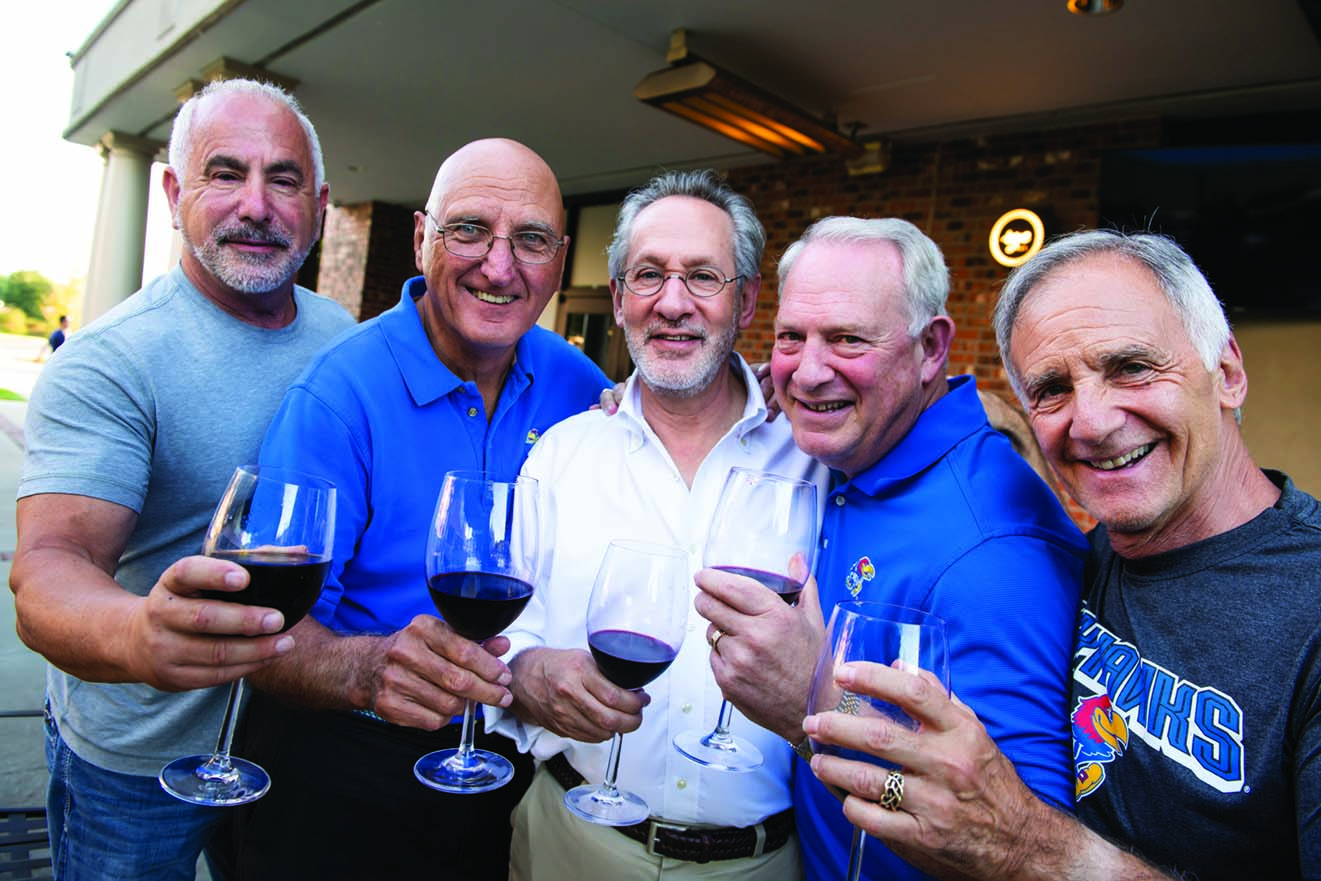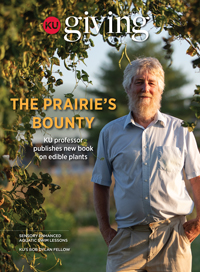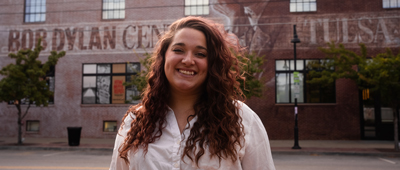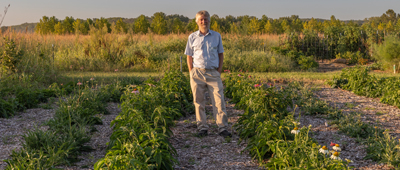KU Giving Magazine
Every Gift Matters — Modest Grants Lead to Big Results
Victoria Sickener

(Photo above) FRIENDSHIP AND PHILANTHROPY: Wine “Clug” members have provided bridge grants to jumpstart research projects at KU Medical Center. Pictured from left to right: Bob Cutler, Steve Cloud, Jeff Alpert, Ira Stolzer and Gary Weinberg. Not pictured: Irv Robinson, John Isenberg and Howard Ellis.
When it comes to funding research, seed money is crucial. And even modest private gifts can be transformative.
In 2014, Steve Cloud attended a presentation by Dr. Richard Barohn on ALS and Alzheimer’s disease research at KU Medical Center. At the time, Cloud’s dear friend, John Thompson, was battling ALS. Cloud knew right away he wanted to get involved in helping advance ALS research, so he created the John Thompson Jr. ALS Research fund. He and Barohn discussed the idea of connecting donors with specific research projects that have immediate funding needs in order to get to the next level.
Cloud realized there was an opportunity for other people to be part of significant advancements in research with relatively modest investments through these type of bridge grants. He took the idea to the “Wine Clug,” a long-standing group of eight friends who meet over food and wine. The first invitation for the club was misspelled clug, and the name stuck. Working with Barohn, Cloud’s bridge grant idea caught on, and several of his friends matched their passions to existing research at KU.
“A lot of credit goes to Dr. Barohn for planting the seed and making the initial phases happen,” Cloud said.
Dr. Sandra Billinger’s study on cardiovascular health and stroke is testament to the power of the grants provided by Wine Clug members. Howard Ellis and Ira Stolzer together provided a $5,000 gift to Billinger’s research. She found a novel way to characterize continuous brain blood flow from rest to exercise in stroke patients. This was big — no one in the world had done this before. Billinger used the gift to hire an engineer to develop a protocol and code a way to collect pilot data. “Their support really propelled my research forward,” she said.
Once she gathered pilot data, she used those findings to apply for an American Heart Association grant. She was awarded $154,000 to study how cardiovascular risks affect brain health. Parallel to that grant, Billinger leveraged her research to also receive a $2.5 million grant from the National Institutes of Health to study vascular and brain health.
Billinger said that private philanthropy enables researchers to conduct innovative studies to provide novel pilot data that could be supported by federal grants.
“You can take a gift of any amount and turn it into something successful with thoughtful planning,” Billinger said.
BUILD A BRIDGE
To learn how you can support a research interest, contact Lindsay Hummer at 913-562-2717 or [email protected].




